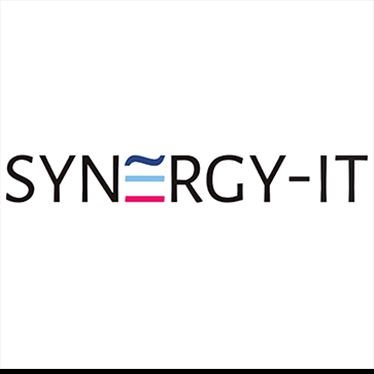Pakistan has taken a significant stride into the digital asset space, formally enacting its inaugural law to regulate virtual assets. This move positions the nation to foster innovation while ensuring adherence to global financial standards and Islamic finance principles. The establishment of the Pakistan Virtual Assets Regulatory Authority (PVARA) marks a serious commitment to this evolving sector.
This new legislation, the Virtual Assets Act, 2025, grants PVARA comprehensive powers to license and oversee crypto-related businesses operating in or from Pakistan. The goal is clear: ensure transparency, compliance, financial integrity, and the prevention of illicit activities, all in alignment with international standards, including those set by the Financial Action Task Force, FATF. This framework is a calculated effort to build a robust and secure digital economy.
A defining feature of this regulatory approach is its Shariah-compliant aspect. The law mandates the creation of a Shariah Advisory Committee. This committee will guide PVARA on the religious permissibility of virtual asset products and services, ensuring that licensed firms offering Shariah-compliant services adhere to these rulings. This integration of Islamic finance principles distinguishes Pakistan’s regulatory blueprint.
Governor State Bank Jameel Ahmad, speaking at the Reuters NEXT Asia summit, noted the new law “will lay down the foundations for the licensing and regulation” of the virtual assets sector. He emphasized the necessity of a legal framework to “evaluate and manage the risk very carefully, and at the same time not allow to let go the opportunity.” This sentiment underscores a pragmatic approach to innovation, balancing potential with caution.
The legislation also provides for a regulatory sandbox, a controlled environment for startups and developers to test blockchain-based products under PVARA’s supervision. This forward-thinking element aims to stimulate innovation responsibly.
Bilal Bin Saqib, CEO of the Pakistan Crypto Council, highlighted the nation’s promise, observing, “With over 40 million crypto users and an estimated $300 billion in annual trading volume, Pakistan stands as one of the most promising frontier markets for digital assets.” The Pakistan Crypto Council, launched in March, has actively promoted blockchain technology and digital currencies, engaging with global crypto firms and exploring Bitcoin mining. The government has even earmarked 2,000 megawatts of surplus electricity to support Bitcoin mining and AI data centers, signaling a strategic effort to use untapped energy resources.
Furthermore, the State Bank of Pakistan is preparing to launch a pilot for a digital rupee, indicating a broader shift towards modernizing the financial system. This development mirrors trends observed in other nations like the United Arab Emirates, Singapore, India, and the European Union, which have also introduced crypto-specific licensing and centralized oversight authorities. Pakistan’s strategic Bitcoin Reserve, announced earlier this year, aims to bolster macroeconomic resilience.
The collective efforts to regulate virtual assets, foster innovation, and incorporate Shariah compliance signify a deliberate and strategic push by Pakistan to become a regional hub for digital finance. This integrated approach reflects a clear understanding that responsible innovation is key to long-term growth in the digital age.








